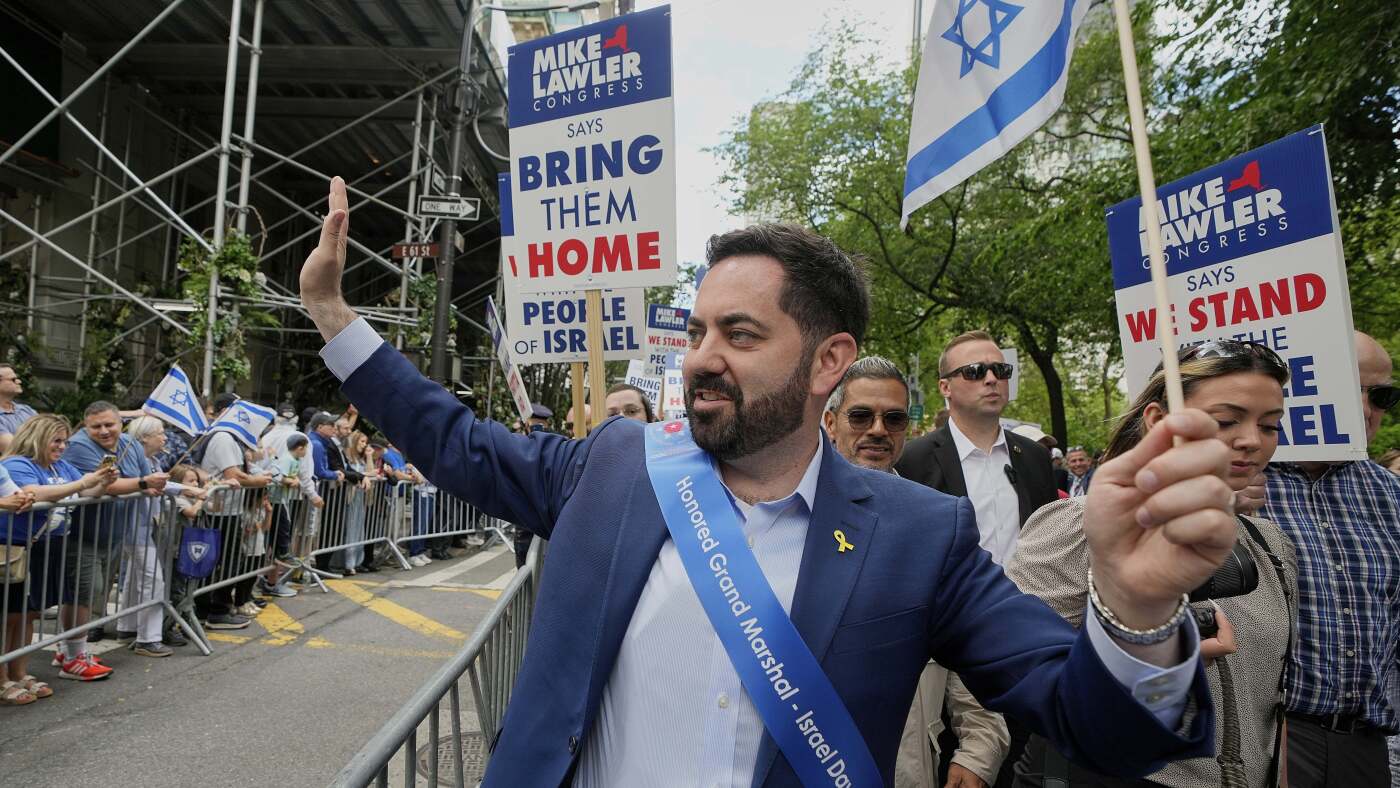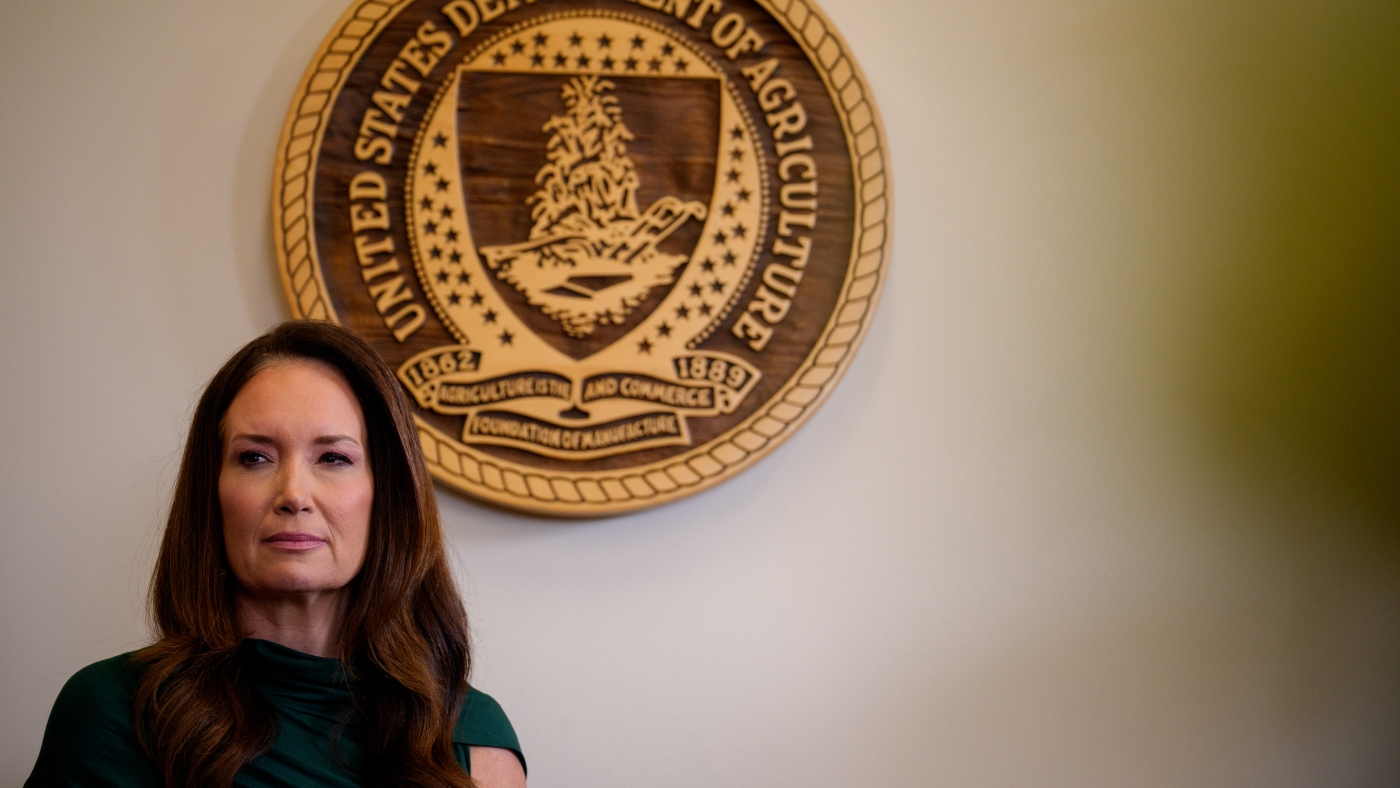Donald Trump is getting into his second time period with vows to chop an unlimited array of presidency companies and a radical plan to take action. Relatively than counting on his celebration’s management of Congress to trim the finances, Trump and his advisers intend to check an obscure authorized concept holding that presidents have sweeping energy to withhold funding from packages they dislike.
“We are able to merely choke off the cash,” Trump mentioned in a 2023 marketing campaign video. “For 200 years beneath our system of presidency, it was undisputed that the president had the constitutional energy to cease pointless spending.”
His plan, often called “impoundment,” threatens to impress a significant conflict over the bounds of the president’s management over the finances. The Structure offers Congress the only authority to applicable the federal finances, whereas the function of the manager department is to dole out the cash successfully. However Trump and his advisers are asserting {that a} president can unilaterally ignore Congress’ spending choices and “impound” funds if he opposes them or deems them wasteful.
Trump’s designs on the finances are a part of his administration’s bigger plan to consolidate as a lot energy within the government department as doable. This month, he pressured the Senate to enter recess so he may appoint his cupboard with none oversight. (Up to now, Republicans who management the chamber haven’t agreed to take action.) His key advisers have spelled out plans to convey impartial businesses, such because the Division of Justice, beneath political management.
If Trump have been to say an influence to kill congressionally authorised packages, it will nearly definitely tee up a combat within the federal courts and Congress and, specialists say, may basically alter Congress’ bedrock energy.
“It’s an effort to wrest the complete energy of the purse away from Congress, and that’s simply not the constitutional design,” mentioned Eloise Pasachoff, a Georgetown Regulation professor who has written concerning the federal finances and appropriations course of. “The president doesn’t have the authority to enter the finances little by little and pull out the stuff he doesn’t like.”
Trump’s declare to have impoundment energy contravenes a Nixon-era legislation that forbids presidents from blocking spending over coverage disagreements in addition to a string of federal courtroom rulings that stop presidents from refusing to spend cash until Congress grants them the flexibleness.
In an op-ed printed Wednesday, tech billionaire Elon Musk and former Republican presidential candidate Vivek Ramaswamy, who’re overseeing the newly created, nongovernmental Division of Authorities Effectivity, wrote that they deliberate to slash federal spending and hearth civil servants. A few of their efforts may supply Trump his first Supreme Courtroom take a look at of the post-Watergate Congressional Finances and Impoundment Management Act of 1974, which requires the president to spend the cash Congress approves. The legislation permits exceptions, akin to when the manager department can obtain Congress’ objectives by spending much less, however not as a method for the president to kill packages he opposes.
Trump and his aides have been telegraphing his plans for a hostile takeover of the budgeting course of for months. Trump has decried the 1974 legislation as “not an excellent act” in his marketing campaign video and mentioned, “Bringing again impoundment will give us a vital device with which to obliterate the Deep State.”
Musk and Ramaswamy have seized that mantle, writing, “We imagine the present Supreme Courtroom would seemingly aspect with him on this query.”
The once-obscure debate over impoundment has come into vogue in MAGA circles due to veterans of Trump’s first administration who stay his shut allies. Russell Vought, Trump’s former finances director, and Mark Paoletta, who served beneath Vought because the Workplace of Administration and Finances normal counsel, have labored to popularize the thought from the Trump-aligned suppose tank Vought based, the Middle for Renewing America.
On Friday, Trump introduced he had picked Vought to steer OMB once more. “Russ is aware of precisely learn how to dismantle the Deep State and finish Weaponized Authorities, and he’ll assist us return Self Governance to the Folks,” Trump mentioned in a press release.
Vought was additionally a high architect of the controversial Challenge 2025. In personal remarks to a gathering of MAGA luminaries uncovered by ProPublica, Vought boasted that he was assembling a “shadow” Workplace of Authorized Counsel in order that Trump is armed on day one with the authorized rationalizations to comprehend his agenda.
“I don’t need President Trump having to lose a second of time having fights within the Oval Workplace about whether or not one thing is authorized or doable or ethical,” Vought mentioned.
Trump spokespeople and Vought didn’t reply to requests for remark.
The prospect of Trump seizing huge management over federal spending will not be merely about lowering the dimensions of the federal authorities, a long-standing conservative purpose. It’s also fueling new fears about his guarantees of vengeance.
The same energy seize led to his first impeachment. Throughout his first time period, Trump held up practically $400 million in army support to Ukraine whereas he pressured President Volodymyr Zelenskyy to open a corruption investigation into Joe Biden and his household. The U.S. Authorities Accountability Workplace later dominated his actions violated the Impoundment Management Act.
Pasachoff predicted that, when advantageous, the incoming Trump administration will try to attain the objectives of impoundment with out choosing such a high-profile combat.
Trump examined piecemeal methods past the Ukrainian arms imbroglio to withhold federal funding as a method to punish his perceived enemies, mentioned Bobby Kogan, a former OMB adviser beneath Biden and the senior director of federal finances coverage on the left-leaning suppose tank American Progress. After devastating wildfires in California and Washington, Trump delayed or refused to signal catastrophe declarations that might have unlocked federal aid support as a result of neither state had voted for him. He focused so-called sanctuary cities by conditioning federal grants on native legislation enforcement’s willingness to cooperate with mass deportation efforts. The Biden administration ultimately withdrew the coverage.
Trump and his aides declare there’s a lengthy presidential historical past of impoundment relationship again to Thomas Jefferson.
Most historic examples contain the army and circumstances the place Congress had explicitly given presidents permission to make use of discretion, mentioned Zachary Value, a professor on the College of California School of the Regulation, San Francisco. Jefferson, for instance, determined to not spend cash Congress had appropriated for gun boats — a call the legislation, which appropriated cash for “a quantity not exceeding fifteen gun boats” utilizing “a sum not exceeding fifty thousand {dollars},” approved him to make.
President Richard Nixon took impoundment to a brand new excessive, wielding the idea to intestine billions of {dollars} from packages he merely opposed, akin to freeway enhancements, water therapy, drug rehabilitation and catastrophe aid for farmers. He confronted overwhelming pushback each from Congress and within the courts. Greater than a half dozen federal judges and the Supreme Courtroom finally dominated that the appropriations payments at subject didn’t give Nixon the flexibleness to chop particular person packages.
Vought and his allies argue the bounds Congress positioned in 1974 are unconstitutional, saying a clause within the Structure obligating the president to “faithfully execute” the legislation additionally implies his energy to forbid its enforcement. (Trump is keen on describing Article II, the place this clause lives, as giving him “the appropriate to do no matter I need as president.”)
The Supreme Courtroom has by no means immediately weighed in on whether or not impoundment is constitutional. Nevertheless it threw water on that reasoning in an 1838 case, Kendall v. U.S., a few federal debt fee.
“To contend that the duty imposed on the President to see the legal guidelines faithfully executed, implies an influence to forbid their execution, is a novel building of the structure, and fully inadmissible,” the justices wrote.
Throughout his chopping spree, Nixon’s personal Justice Division argued roughly the identical.
“With respect to the suggestion that the President has a constitutional energy to say no to spend appropriated funds,” William Rehnquist, the pinnacle of the Workplace of Authorized Counsel whom Nixon later appointed to the Supreme Courtroom, warned in a 1969 authorized memo, “we should conclude that existence of such a broad energy is supported by neither cause nor precedent.”











